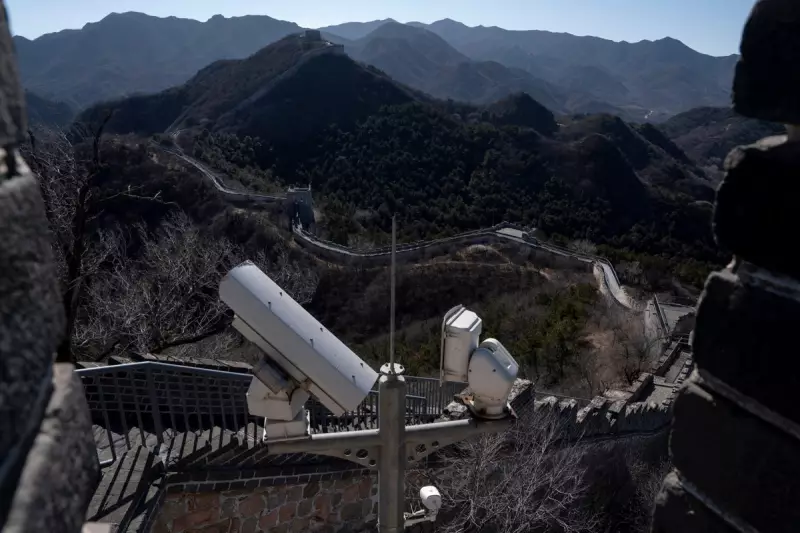
The Chinese Communist Party is orchestrating a significant political rehabilitation of former leader Mao Zedong, elevating his status in official discourse while simultaneously expanding security operations in the restive Xinjiang region.
Mao's Resurgent Political Presence
Recent developments indicate a systematic effort to restore Mao Zedong's image within China's political landscape. Official statements and state media have increasingly referenced the controversial leader, emphasising his revolutionary legacy while downplaying historical controversies.
This revival coincides with President Xi Jinping's consolidation of power, drawing parallels between contemporary governance and Mao's leadership style. Analysts observe that Xi appears to be embracing certain aspects of Mao's political philosophy while pursuing his own agenda.
Xinjiang Security Intensification
Concurrent with Mao's political rehabilitation, Chinese authorities have dramatically increased security measures across Xinjiang province. Satellite imagery and local reports confirm the expansion of police stations, surveillance infrastructure, and security checkpoints throughout the region.
International human rights organisations continue to document widespread concerns regarding the treatment of Uyghur Muslims and other ethnic minorities. The Chinese government maintains these measures are necessary for counter-terrorism and regional stability.
International Reaction and Diplomatic Fallout
Western governments have expressed growing apprehension about China's domestic policies and their global implications. The United States and European nations have raised objections through diplomatic channels, though Beijing has consistently dismissed these concerns as interference in internal affairs.
The simultaneous elevation of Mao's legacy and security expansion in Xinjiang signals a potentially significant shift in China's approach to governance and international relations under Xi's leadership.





